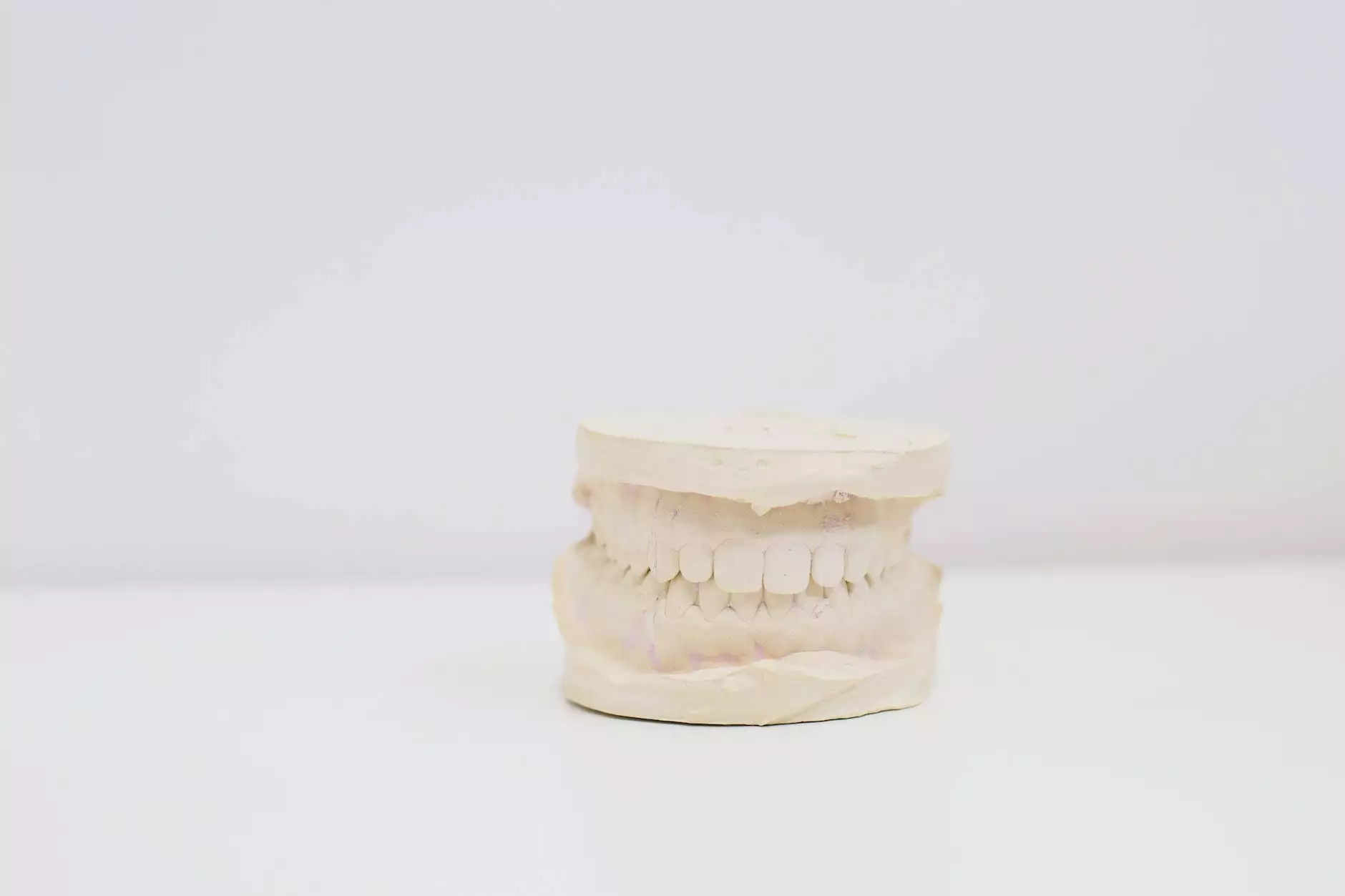Enhance Your Swimming Pool with Professional Pool Plastering Services

Understanding Pool Plastering
When it comes to maintaining a beautiful and welcoming swimming pool, pool plastering services play a critical role. This process involves applying a plaster finish to the interior surfaces of your pool, thereby enhancing its aesthetic appeal and extending its lifespan. The right plaster can provide your pool with a smooth, attractive surface that is both functional and visually appealing.
What is Pool Plastering?
Pool plastering is the procedure of coating the inner surfaces of a swimming pool with a specially formulated mixture. This mixture typically contains cement, marble dust, and water, which combine to create a strong, durable surface. Over time, the original plaster may deteriorate due to exposure to chemicals, weather, and regular wear and tear, necessitating a timely resurfacing.
Benefits of Pool Plastering Services
Investing in professional pool plastering services offers numerous benefits:
- Enhanced Aesthetics: A newly plastered pool can significantly improve the overall look of your backyard oasis.
- Increased Longevity: Quality plastering protects against cracking and peeling, extending the life of your pool.
- Improved Water Retention: A smooth plaster surface reduces water loss and makes maintenance more manageable.
- Safety: New plaster can create a safer swimming environment by reducing the risk of slips and falls.
- Improved Chemical Balance: A well-maintained plaster surface helps in maintaining proper water chemistry, which is vital for swimmer health.
Choosing the Right Pool Plaster Type
There are several types of pool plaster materials available, and the choice can significantly affect the look and longevity of your swimming pool:
Traditional Plaster
This is the most common type of pool plaster made of white cement and marble dust. It's cost-effective and provides a classic pool look, but may require more maintenance over time.
Quartz Plaster
Quartz plaster incorporates colored quartz crystals for added strength and a more vibrant aesthetic. It is more durable than traditional plaster and has greater resistance to stains.
Glass Bead Plaster
Composed of glass beads, this type of plaster offers a sparkling effect and enhances the feel of the pool surface. It is sleek and resistant to algae growth, making it a popular choice.
Aggregates
Aggregates like pebble or stone can give a luxurious appearance while adding texture and durability to the pool's interior. They are highly resistant to wear but may require professional installation.
The Importance of Hiring Professional Pool Plastering Services
While DIY projects can be rewarding, pool plastering is best left to the professionals. Here are a few reasons why:
- Expertise: Professionals have the skills and experience to ensure a flawless finish, avoiding uneven surfaces and defects.
- Equipment: Specialized tools and equipment used by professionals can produce a higher-quality result than typical homeowner tools.
- Time-Saving: Hiring professionals allows you to save valuable time and effort, ensuring that the job gets done efficiently.
- Warranty: Many professional services offer warranties on their work, giving you peace of mind regarding the longevity of the plaster.
Steps Involved in Pool Plastering Services
The process of pool plastering involves several crucial steps to ensure a successful outcome:
- Preparation: The pool must be drained, and the surface thoroughly cleaned to remove debris, algae, and any loose material.
- Repairing: Cracks and imperfections are repaired to create a smooth surface. This step is vital for the longevity of the new plaster.
- Mixing the Plaster: The plaster mix is prepared in precise proportions for optimal performance and finish.
- Application: Skilled technicians apply the plaster evenly, working quickly to ensure a uniform finish before the mixture begins to set.
- Finishing Touches: After application, the surface is smoothed, and any finishing techniques, such as troweling or brushing, are completed.
- Curing: Proper curing is essential for the bond and strength of the plaster. The pool must be filled slowly to avoid damage.
Maintaining Your Newly Plastered Pool
To ensure your pool remains in top condition after plastering, follow these maintenance tips:
- Regular Cleaning: Keep the pool clean from debris and dirt to prevent staining and clogging.
- Proper Water Chemistry: Regularly test and balance the water's pH, alkalinity, and chlorine levels to protect the plaster.
- Avoid Harsh Chemicals: Using strong chlorine or acidic cleaners can damage the plaster surface.
- Weekly Maintenance: Consider hiring a professional service for weekly maintenance to keep your pool pristine.
Conclusion
In conclusion, pool plastering services are essential in keeping your swimming pool beautiful, functional, and long-lasting. By understanding the benefits, types of plaster, and maintenance techniques, you can make informed decisions about your pool care. At poolrenovation.com, we specialize in providing top-notch pool plastering and renovation services tailored to meet the unique needs of your pool. Contact us today to learn more and schedule your consultation!



